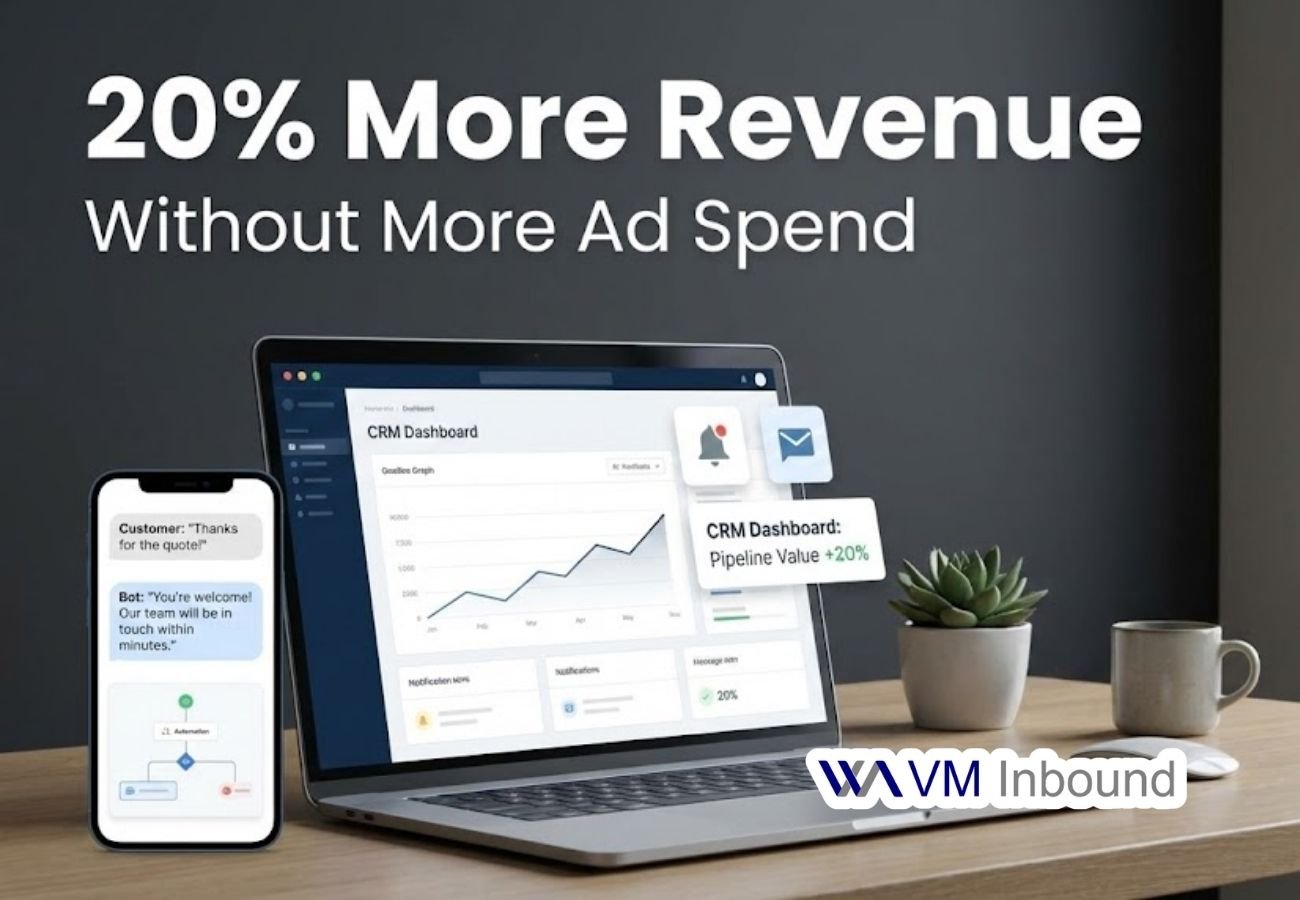Having a strong online presence is crucial for the success of small businesses. One effective way to enhance your digital footprint is by integrating social media into your website design. Social media has become an integral part of our daily lives, and leveraging its power can significantly impact your business’s reach, engagement, and overall success. In this blog, we will explore the importance of integrating social media into small business website design, provide practical tips, and conclude with a compelling call to action.
The Importance of Social Media Integration
1. Expanded Reach and Visibility: Social media platforms boast billions of active users. By integrating social media into your website, you tap into these extensive networks, reaching potential customers who may not have discovered your business otherwise.
2. Enhanced Customer Engagement: Social media allows for direct and real-time interaction with your audience. By incorporating social feeds, comments, and sharing options on your website, you create a dynamic and engaging user experience, fostering a sense of community around your brand.
3. Boosted SEO Performance: Search engines consider social signals when ranking websites. Active and well-integrated social media profiles can positively impact your website’s SEO, making it more discoverable to search engines and potential customers.
4. Humanizing Your Brand: Social media provides a platform for showcasing the human side of your business. Integrating social media feeds into your website allows visitors to see the people behind the brand, building trust and authenticity.
Tips for Successful Social Media Integration
1. Consistent Branding: Maintain a cohesive brand identity across all social media platforms and your website. Consistent logos, colors, and messaging create a seamless experience for your audience.
2. Strategic Placement: Place social media buttons, feeds, or sharing options strategically on your website. Ensure they are easily accessible without overwhelming the user interface.
3. Content Integration: Embed relevant social media content directly into your website. This could include Instagram photos, Twitter feeds, or Facebook posts, providing visitors with a glimpse of your social activity.
4. Responsive Design: Ensure that your website and social media integrations are optimized for various devices. A responsive design guarantees a smooth user experience across desktops, tablets, and smartphones.
Incorporating social media into your small business website design is more than just a trend; it’s a strategic move that can propel your brand to new heights. From expanding your reach to fostering customer engagement and boosting your SEO, the benefits are vast. By following the tips mentioned above, you can seamlessly integrate social media into your website, creating a digital presence that resonates with your audience.
Ready to take your small business to the next level? Start by integrating social media into your website today. Connect with us for expert guidance and watch your online presence soar.
Remember, in the ever-evolving landscape of digital marketing, staying ahead is key. Embrace the power of social media integration, and let your small business shine in the vast digital realm!



